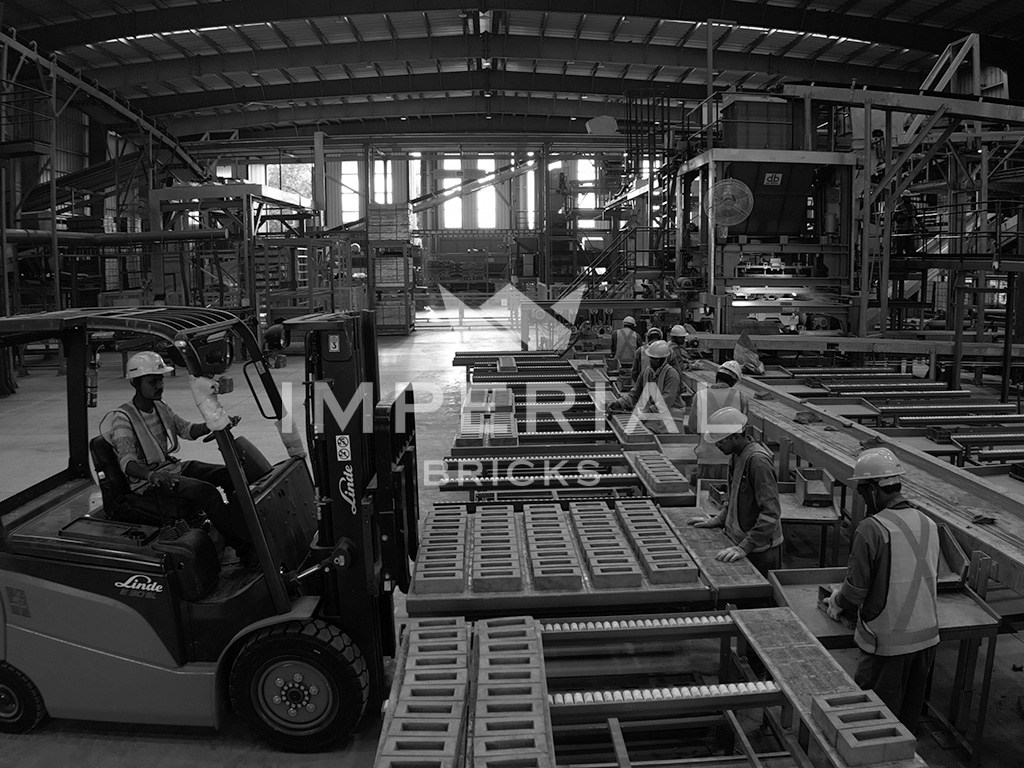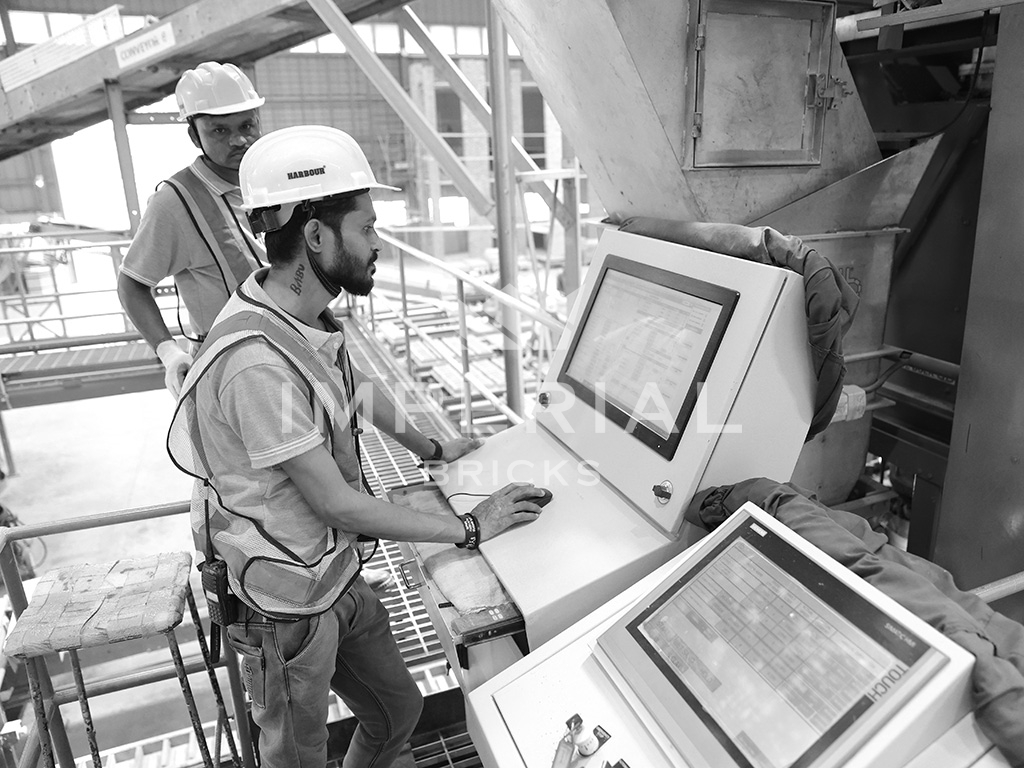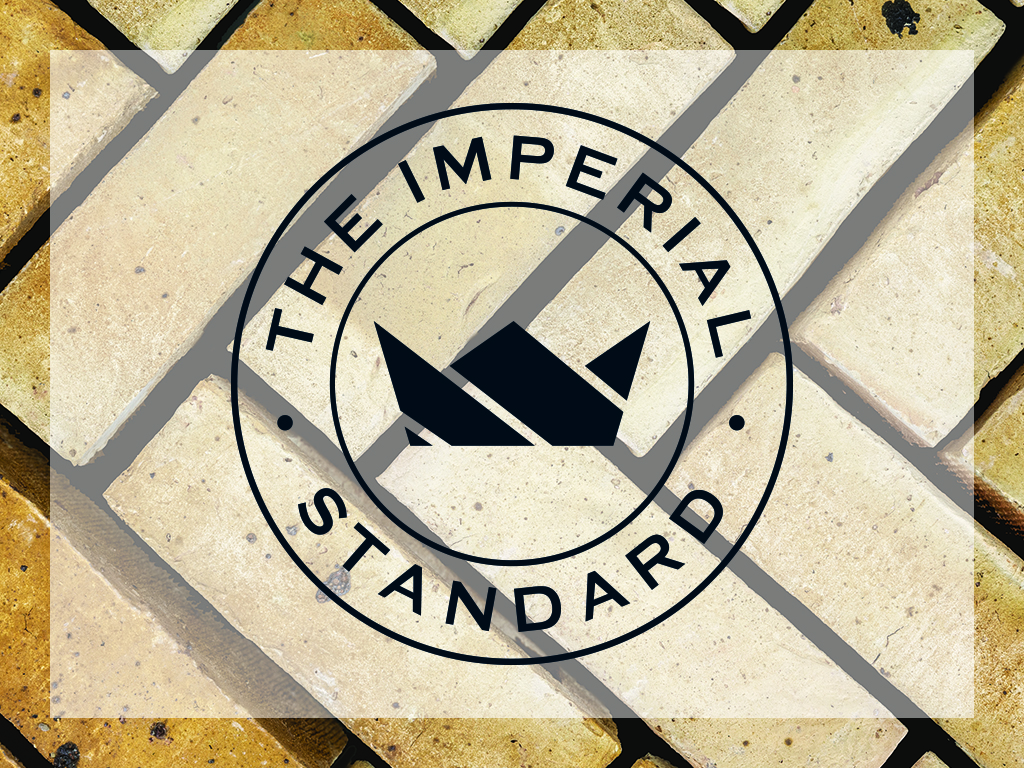Why you need to know where and how your bricks are made and supplied
Look around any town, city or village in the UK, and you’ll see buildings made of bricks; houses, schools, libraries, health centres and more. Practical, strong and incredibly durable, brick construction is a long-established build method, dating back to Roman times.
Today, traditional handmade, extruded and pressed bricks are more popular than ever, and with good reason. The right brick can add kerb appeal and value, ensuring a refurbishment or extension blends in seamlessly with original brickwork, or that a new build sits well alongside existing architecture.
Location, location, location
The variations in shades, sizes and styles of bricks across the UK come from the ready availability of local clay that gives different regions of the UK their distinctive brick colours. In many areas of the UK, local clay is no longer available in the volume required to meet demand, and therefore bricks are sourced globally.
Many other products are imported into the UK for construction and other industries; food, clothing, cars, consumer goods, construction materials and more. Without these, our economy would not survive. In the last decade, there has been a welcome focus on the supply chain – both for products that are manufactured in the UK and those which are imported.
It’s clear that where and how products are made and supplied are equally important. But most importantly, the ability to evidence this with independent audits and adherence to internationally recognised standards is essential.

What accreditations should I look for?
Given the commitment of British companies to stamp out modern slavery and ensure sustainability and ethical employment practices, obtaining assurances of the methods of manufacture and working conditions in sourcing bricks and other products is vital.
Imperial Bricks operates in partnership with several carefully selected factories, all our global manufacturing partners are required to adhere to the Imperial Standard – ensuring they meet and evidence at least six of the highest internationally recognised standards below:
- UKCA/CE Mark – CPR Compliance in Clay Brick Products*
- SEDEX Members Ethical Trade Audit (SMETA) Report*
- Anti-Modern Slavery Policy*
- ISO 9001 Business Quality Management System
- BES 6001 Responsible Sourcing
- ISO 14001 Environmental Management System
- ISO 45001 Health and Safety Management System
*mandatory requirement

We can stipulate these standards as a requirement thanks to the long-term, exclusive trading relationships with our partner factories. Our bricks are made to our exact specifications, using our own expertise and that of our manufacturing partners’, in much the same way as other stalwarts of British industry, including M&S and Dyson, who are also SEDEX members.
As a legal minimum, UKCA/CE marking and testing should be met by any product being sourced or supplied for UK construction projects. Our bricks are tested by the leading independent third-party certification body, Lucideon, for freeze-thaw, water absorption, dimensions, soluble salt content and compressive strength. Such testing ensures products are suitable for the UK market and can withstand all that the British climate can throw at them.
As a further commitment to transparency and traceability throughout the manufacturing process, we work with Verisio to independently evaluate and manage our social, environmental and governance obligations across the supply chain.
Anyone planning works involving bricks should ensure its suppliers meet or exceed an equivalent set of standards to those outlined above. In this way, supply chains, procurement practices and policies supporting ethical standards and employment practices can be demonstrated and assured.
Our customers – architects, merchants, specifiers, builders, developers, contractors and end users can be 100% confident that our bricks are ethically made, to the highest quality and sustainably supplied.

